Milan Daemgen’s “after angola”:
Weaving Stories of Incarceration and Healing through Community-Driven Cinema
By Carey Fountain
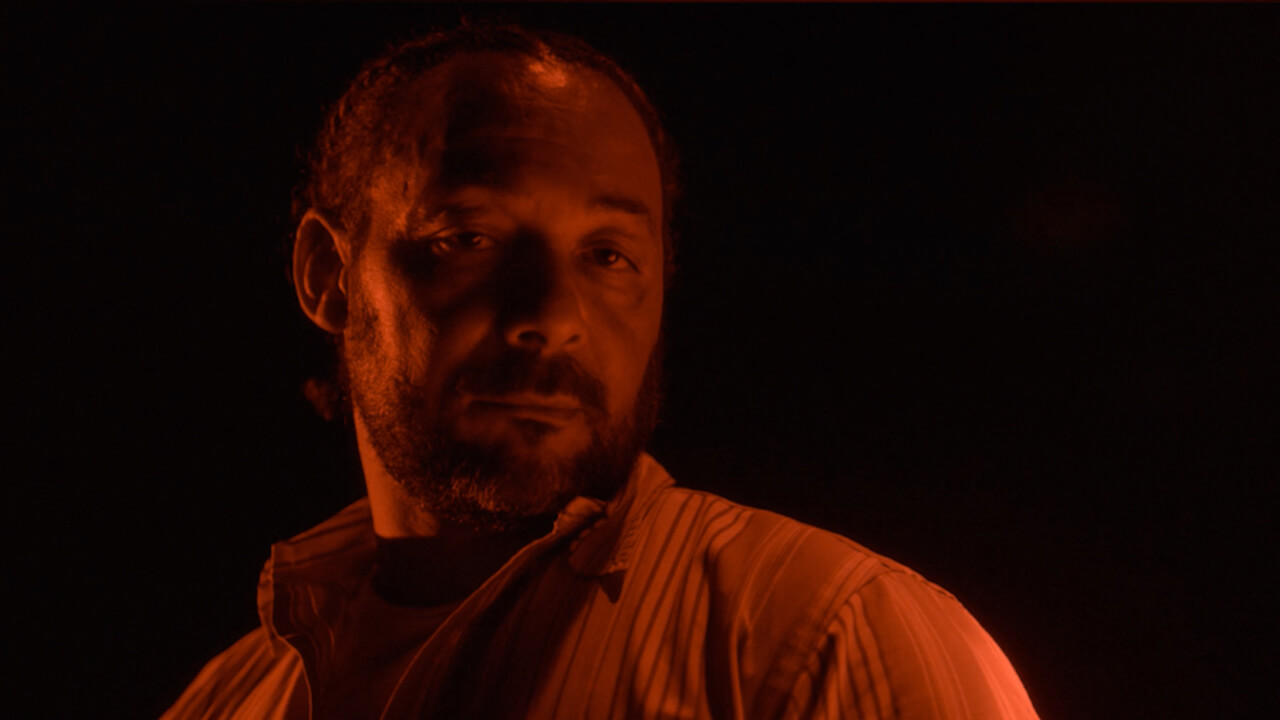
Southern Artists for Social Change awardee Carey Fountain writes about fellow awardee Milan Daemgen and his work.
As an artist deeply immersed in the tapestry of social change, Milan Daemgen’s work transcends mere storytelling and becomes a conduit for societal reflection and transformation. His latest project, “after angola,” is a testament to his commitment to unearthing and amplifying narratives often relegated to the shadows of public consciousness. Through this project, which is part of a larger documentary series for PBS/Independent Lens releasing March 2024, Milan navigates the complex terrain of post-incarceration life, revealing the multifaceted challenges faced by those re-entering society after incarceration and sparking critical conversations about its long-term psychological impacts.
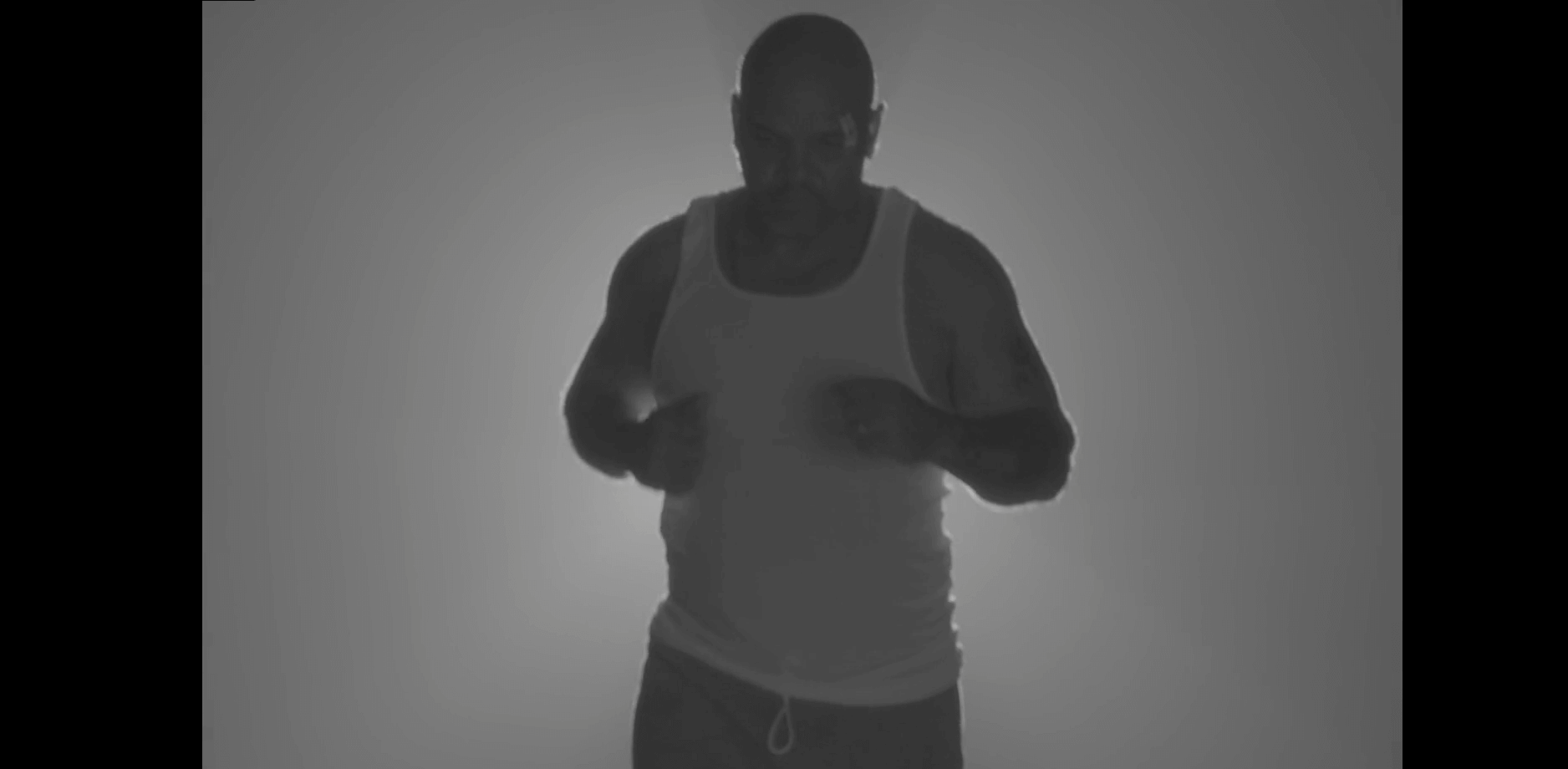
Milan’s journey into filmmaking has been marked by a dedication to exploring the intersection of social issues and artistic expression. Over the last twelve years, he has honed his craft, constantly pushing the boundaries of conventional storytelling. “At the heart of ‘after angola’ lies a profound engagement with the community,” Milan shares. Thad Tatum, the creator of the “Formerly Incarcerated Peer Support Group,” and his involvement in the project serves as an example of the project’s commitment to community engagement. Milan uplifts Tatum and the support group as deserving recognition for their roles in providing support, understanding, and dedicated space and time for individuals to unpack and share their experiences.
Making a deliberate choice to blur the lines between filmmaker and subject, Milan took a notably participatory role while creating “after angola.” He immersed himself in the lives and stories of his subjects, building trust and understanding over time. The process, though enriching and impactful, was not without challenges. Milan encountered various obstacles, from aligning expectations with his subjects to accommodating their unique needs and perspectives. Milan aspires for “after angola” to resonate with communities and individuals grappling with the nuances of reintegration, fostering a broader understanding of the challenges faced by former inmates. The success of the project, in his eyes, is measured by its ability to initiate dialogues and deepen societal understanding of these complex issues.
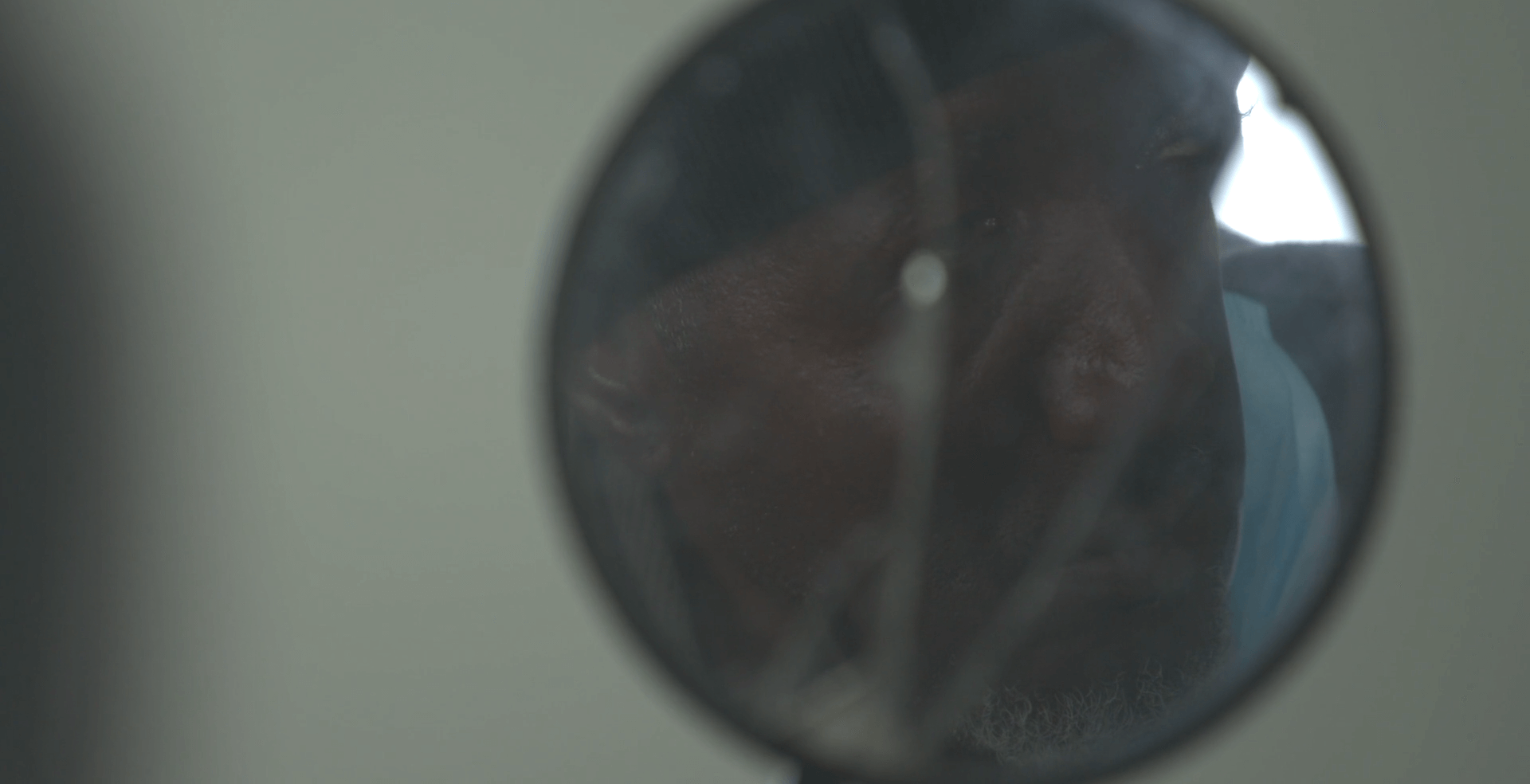
Milan’s work on “after angola” emphasizes the vital role of artists in addressing societal issues with sensitivity and insight, challenging documentary filmmaking boundaries. His dedication to authentic, empathetic storytelling positions him as a crucial voice in ongoing dialogues on social justice. The process of creating “after angola” goes beyond capturing experiences, delving into understanding and internalizing emotional journeys. Milan implores fellow filmmakers to follow suit, showcasing the power of art as a mirror to society, fostering compassion, and deepening understanding.
Reflecting on his future artistic endeavors, Milan acknowledges a shift towards more personal projects. The experience of creating “after angola,” with its emotional depth and societal relevance, has reaffirmed his belief in the power of personal narratives in advocating for social change. His upcoming projects are poised to be more intimately connected to his own experiences, continuing his exploration of themes that intersect personal journeys with broader societal issues.

Milan Daemgen’s “after angola” contributes significantly to the discourse on incarceration and societal reintegration. Through his empathetic lens and community-driven approach, Milan has created a documentary that not only tells a story but also invites reflection and dialogue.
As a recipient of the NPN’s Southern Artists for Social Change grant, Milan’s project aligns perfectly with the initiative’s mission to support artists who are deeply engaged in community transformation and social justice. His focus on personal narratives and community engagement promises to bring forth more impactful works that challenge, educate, and inspire, furthering the goals of NPN and enriching the cultural landscape of the South.
About Milan Daemgen
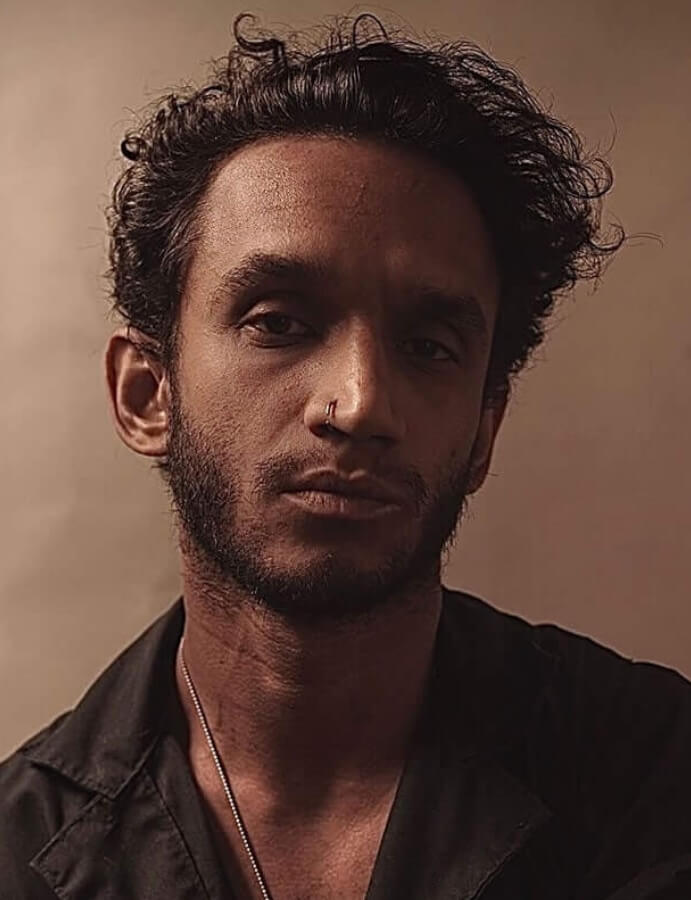
Milo-Milan Daemgen is a filmmaker based in Berlin & New Orleans. His work merges an interest in the relationship between racial, social, and economic spaces with visual storytelling that is grounded in experimental processes. He was a co-owner of the award-winning production company, The Greenhouse Collective. He has produced music videos for Grammy Award Winner Mavis Staples, Grammy Award Nominee Southern Avenue, Arcade Fire and Big Freedia; produced commercials for Google, Rakuten & Samsung, and directed commercials for Polaroid and the American Institute of Architects. In 2017, Milo produced and directed the ground-breaking digital ad campaign for New Orleans Mayor LaToya Cantrell. In 2016, Milo won a Webby for best short documentary series, THE HEART OF ICWA about forced adoption practices within Native American communities. His visual work has been installed in art galleries such as OCHI, YVES, and MAY. Most recently, he was an Associate Producer for Behn Zeitlin’s feature film, WENDY, distributed by Searchlight Pictures. He served on the executive board for New Orleans Public Access TV and is the founder of the New Orleans Film Collective.
About Carey Fountain
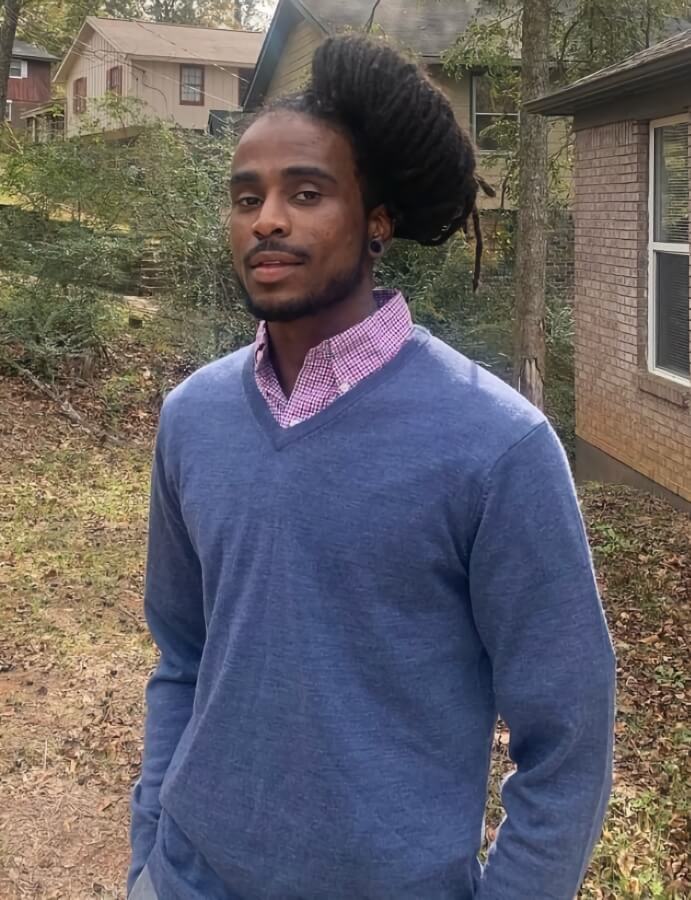
Carey Fountain’s artistic journey began with writing songs at the age of 11 and composing music soon after. Fountain works as a multidisciplinary artist and community organizer, working to build community through discourse and relationships that explore the human perception and how an informed perspective can transform identity. Fountain works as a musician, painter, muralist, videographer, photographer, clothing designer through his brand Vibes & Virtues and as the Manager of Public Programs at the Birmingham Museum of Art where he creates dynamic, inclusive programs at the Museum to support the BMA’s role as a vibrant and vital community resource.